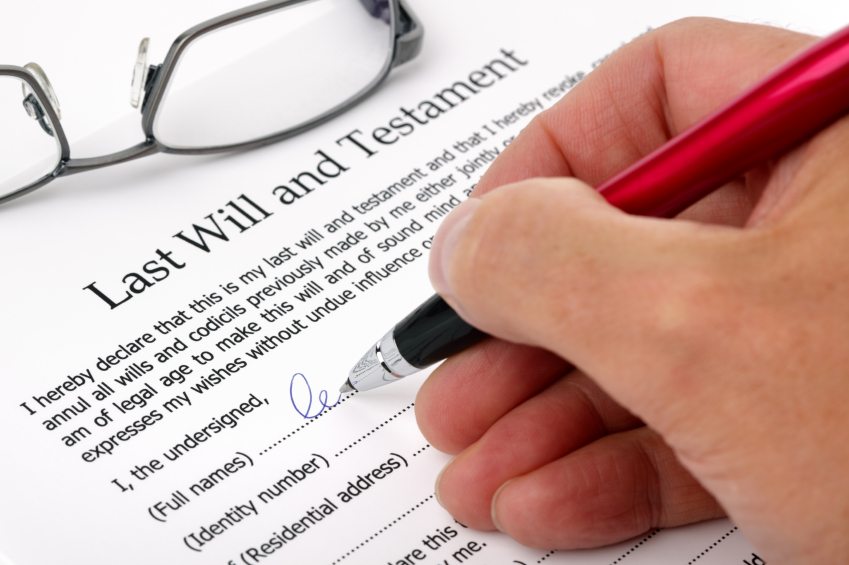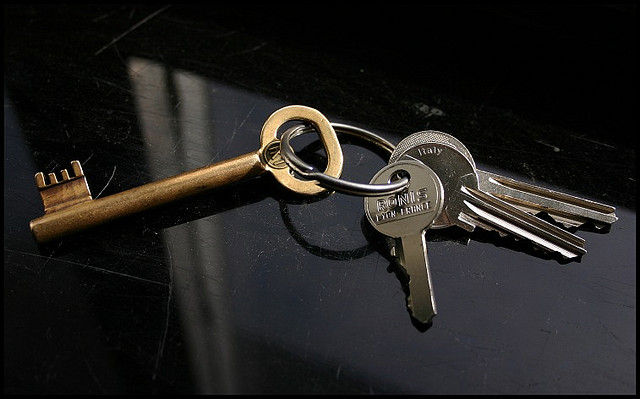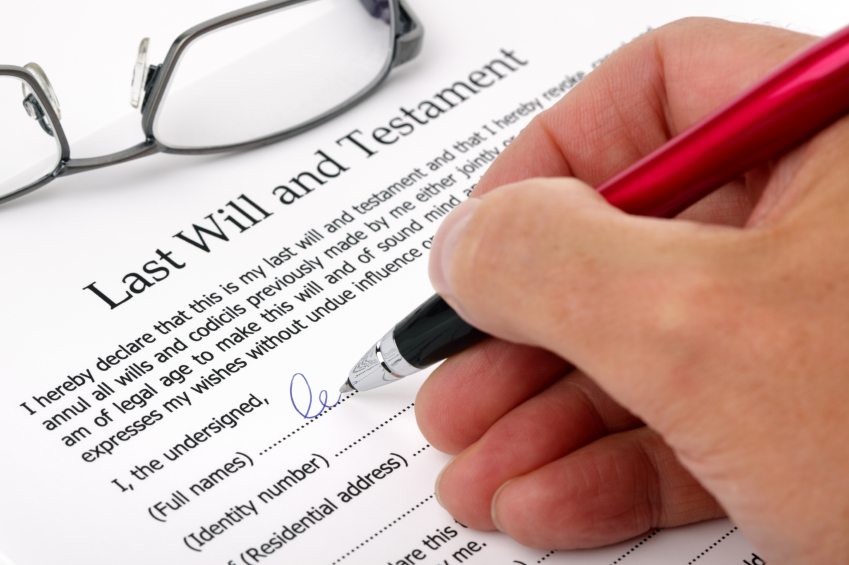
Arranging detailed wills is very common for us, but lots of people have very specific instructions regarding the distribution of assets. Here’s a question regarding how inheritance can be protected:
Q: I love my daughter and want her to benefit from my estate when I pass on, but I don’t want her partner to receive a penny off me. Is it possible to ensure that her partner doesn’t get his hands on any of my daughter’s inheritance even if they are married by the time I pop off? Is her spouse entitled to inheritance or is there a way of protecting inheritance from a spouse?
A: There are several ways that you can protect your estate from your daughter’s partner. For example, in your will you could leave your estate in trust for your daughter so that she is only entitled to the income.
If you decide to go down the route of a trust, it should state who will benefit on your daughter's death. This could be any children she may have and also needs to cover the situation should she die without leaving any children. Make sure that the trust has another beneficiary apart from your daughter, so that it can be shown that the trust is not only for the benefit of your daughter. More...

Whether you’ve inherited a property automatically as part of a joint tenancy, or have had it passed down to you by a deceased relative in a Will, you’ll know that taking control of someone else’s home can be a testing time.
A property will often be the highest value asset in an estate, and it is relatively common for people to receive a property that still has a mortgage payable on it. This can often happen when older homeowners re-mortgage their home in later years in order to supplement their pension and pay for living costs.
Here’s what you need to know if you’ve inherited a house with a mortgage:
It’s your responsibility
During probate, if you’re named in the Will as the inheritor of a property you, unless specifically stated, will take on responsibility for the asset. More...

There are some common misconceptions that arise when someone you love dies intestate. When someone dies without a will it can be tough to know what’s right and what’s wrong.
Probate specialist at Howells Hayley Rees busts some of the commonest myths.
1. All of my assets will go to my spouse/civil partner
It’s a common misconception that if you die without having a valid will your husband/wife/civil partner will inherit all of your estate.
If you are married or in a civil partnership and have children, your spouse will inherit the first £250,000 of your estate and the remainder will pass to your children. Initially, this would be divided into two halves, one going to your children when they reached the age of 18 and the other half being left as a ‘life interest’ fund for your spouse. More...

What is Capital Gains Tax?
Capital Gains Tax (CGT) is a tax that’s payable on any profit made after selling assets. It is declared and paid through a Self Assessment tax return.
Assets that are subject to Capital Gains Tax if sold at a profit include:
• Properties – including second homes, buy-to-let properties and agricultural land
• Business assets
• Shares
• Personal possessions worth more than £6,000 which are not classed as “wasting assets”.
A “wasting asset” is one which has a limited lifespan, of 50 years or less.
CGT also applies to any properties that you own and sell overseas, so long as you are a resident of the UK.
What’s exempt from Capital Gains Tax?
More...

Contested wills are on the rise. According to the Independent, the number of challenges to Wills and trusted estates that have reached London’s High Court have increased by 300% in the last five years.
As a result of the rise of divorces and remarriages, which are creating increasingly complex family arrangements, and increasing amounts of high-value assets, it’s becoming more and more common for relatives to challenge the Will created by their recently-deceased loved one.
Needless to say, contested Wills can provoke a great source of tension between families.
So how can I prevent my will being contested?
Unfortunately, there’s no cast-iron way to ensure that your Will does not result in tension between those you leave behind. The Inheritance (Provision for Family and Dependants) Act 1975 gives Courts plenty of scope to change them if challenged legally. More...
